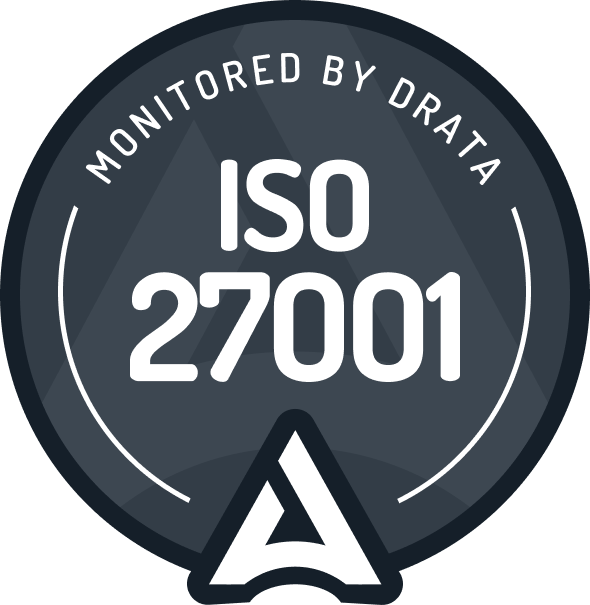Maximising your investment in compliance

This year the Federal Government introduced the Fair Work Legislation Amendment (Closing Loopholes) Bill 2023 to Parliament. This substantial 521-page memorandum encompasses 28 distinct parts, all with the aim of reforming Australia’s intricate workplace relations landscape.
This legislation, some of which passed both houses on the 7th of December, and increased activity by the Fair Work Ombudsman have encouraged businesses to invest more time and resources into ensuring compliance. So what is the best way to maximise your investment in compliance?
Highlight the value of compliance
In general, businesses are already recognising the importance of workforce compliance and doing everything possible to be compliant. Businesses are taking more proactive steps to implement robust controls and processes to prevent non-compliance and its follow on consequences.
Be aware of the changes in legislation
The parts of the Bill that have passed parliament introduce criminal penalties for intentional underpayments, same job, same pay orders as well as increased powers for the Fair Work Commission and right of entry powers.
Criminalising wage theft and superannuation theft -
A new federal criminal offence of 'wage theft' and ‘superannuation theft’ has been introduced, which will commence on 1 January 2025 (or an earlier date set by proclamation). This means it will be a criminal offence for an employer to intentionally underpay an employee’s pay or superannuation. Penalties include up to 10 years imprisonment, and large fines for both individuals and companies.
Same job, same pay orders -
Currently, employers can pay labour hire employees differently to employees who are directly employed. The Fair Work Commission can now make pay orders requiring 'labour hire' employers to pay employees no less than the full rate of pay that would be payable to those employees if the 'host' employer's enterprise agreement applied to them.
Workplace delegates' rights -
The Government has introduced a new requirement for modern awards, enterprise agreements and workplace determinations to include a complying workplace delegates' rights term which set out workers’ delegates rights and entitlements.
Ask questions internally about compliance
It is important that you are asking the right questions to understand and ensure you are taking all steps necessary to be compliant. Asking the following questions will help create conversation on how you can mitigate risk, drive strategic decision making on investment and continuously adapt and evolve.
- Are we compliant?
Ensure compliance by assessing the effectiveness of internal controls. Focus on business records, system integration, and a clear interpretation of how pay should be calculated. Understanding how these controls are maintained and evaluated is crucial for compliance.
- How easy is it for us to prove we are compliant?
Proactively manage compliance by regularly assessing potential risks. Consider changes in regulations, industry standards, and internal processes. Enquire about strategies for comprehensive risk assessment ensuring ease of proving compliance.
- How are we monitoring and reporting on compliance?
Establish a robust compliance monitoring process. Enquire about mechanisms for regular monitoring, such as technology, audits, and reporting systems. Additionally, ask about instances of non-compliance and the corrective actions taken to rectify and prevent future occurrences.
Invest is compliance areas that matter
Understanding how your business can maximise its investment for long-term success can make a great difference on your return on investment as well as the confidence level you have that you are compliant. We recommend:
- Having complete and accurate payroll records
Having complete and accurate records required to prove the facts related to the employees pay activity, this includes roster, timesheet and pay records for all employees. If the time comes where you need to prove whether or not you are compliant, having a clear picture of when people worked will make this easy.
- Having a clear intention on pay rules and how pay should be calculated
Having a clear intention on the interpretation of how employee entitlements should be calculated for all employees that the company is willing to defend.
- Ensure awards / EAs are configured to align with your clear intention on pay rules
Ensure that your pay systems are configured in alignment with your defendable interpretation, so that how you intend to pay your employees is what they receive.
Looking forward to 2024
As the government’s bill takes centre stage, and more legislation is passed businesses are faced with the critical need for compliance readiness. With potential criminal penalties looming, the changing industrial relations landscape demands strategic investment into robust compliance controls that will ensure your businesses can prove ongoing compliance.
PaidRight’s centralised compliance platform provides leading Australian businesses with confidence that they are collecting the required payroll records, have a clear interpretation of how pay should be calculated as well as alignment between that interpretation and how their systems are configured. We make proving compliance easy.




.png)

.png)





%201.webp)


.webp)




.webp)

.webp)